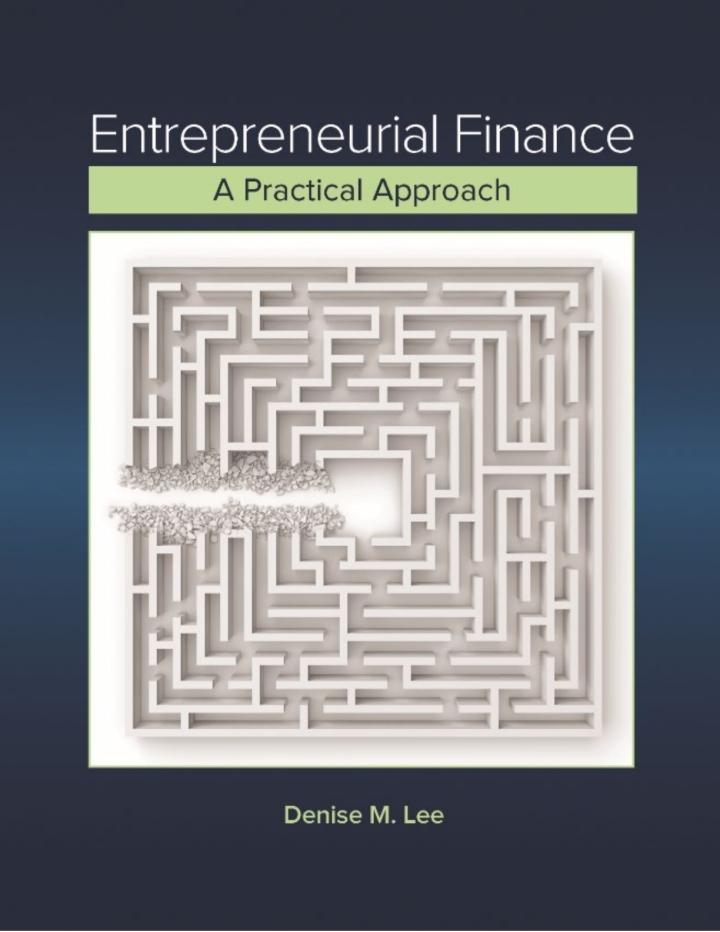Question
1. A corporation seeking to buy its securities that already issued would most likely A. conduct an IPO with the assistance of an investment banker.
1. | A corporation seeking to buy its securities that already issued would most likely
|
2. | The most illiquid of the following market securities are
| |||||||||||||||
| 3. An investor is in the 28 percent federal tax bracket and pays a 11 percent state tax rate and 4 percent in local income taxes. For this investor a municipal bond paying 6 percent interest is equivalent to a corporate bond paying _____ interest.
| ||||||||||||||||
4. A corporate customer obtains a $1.5 million loan from a bank. The customer agrees to pay a 6.25 percent interest rate and agrees to make compensating balances of 7 percent of the loan amount. These will be held in noninterest-bearing transactions deposits at the bank for one year. The bank charges a 1 percent loan origination fee on the amount borrowed. Reserve requirements are 10 percent. What is the expected rate of return to the bank (k) (to the nearest basispoint)?
A. | 5.95 percent |
B. | 7.52 percent |
C. | 7.99 percent |
D. | 8.01 percent |
E. | 7.73 percent |
5. An increasingly positive financing gap can indicate ________________ liquidity risk because it may indicate _______________ deposits and/or rising loan commitments.
A. increasing; increasing
B. decreasing; decreasing
C. increasing; decreasing
D. decreasing; increasing
Step by Step Solution
There are 3 Steps involved in it
Step: 1

Get Instant Access to Expert-Tailored Solutions
See step-by-step solutions with expert insights and AI powered tools for academic success
Step: 2

Step: 3

Ace Your Homework with AI
Get the answers you need in no time with our AI-driven, step-by-step assistance
Get Started


